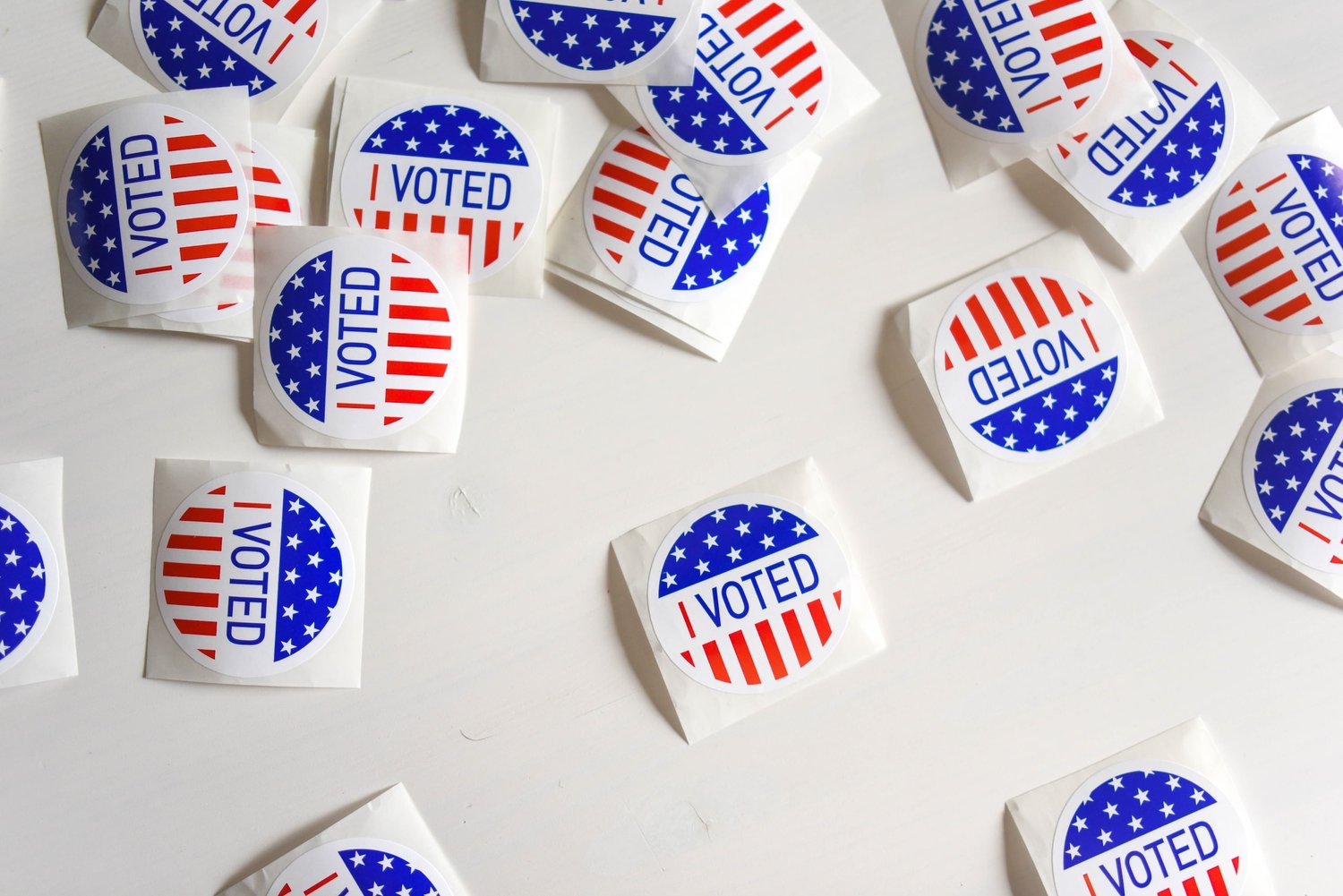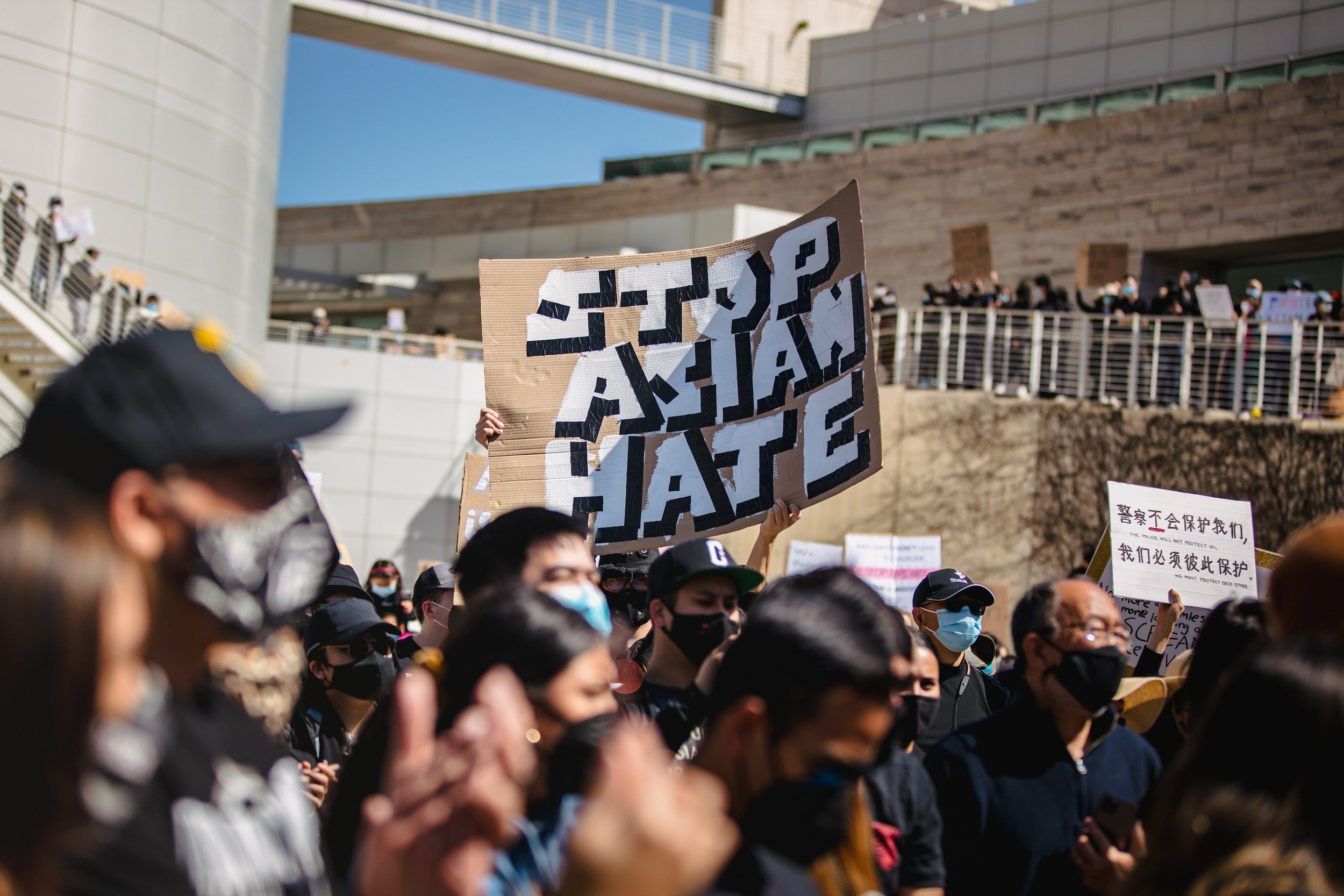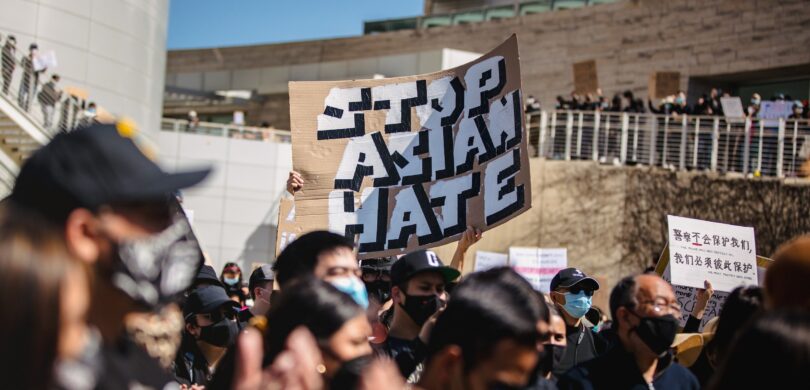May is Asian American and Native Hawaiian/Pacific Islander (AANHPI) Heritage Month, a time to celebrate the contributions of AANHPI individuals to American democracy and public policy. Plural recognizes the importance of this month and the ongoing struggles faced by the AANHPI community.
AANHPI individuals have made significant contributions to leadership positions in government, serving in positions such as Cabinet Secretaries, Governors, Members of Congress, and state and local officials. This representation is crucial in ensuring that the AANHPI community is represented in policy-making and advocacy efforts.
Representative Andy Kim, a former diplomat and advisor to Generals Petraeus and Allen, is the first Democratic member of Congress of Korean descent. Former NY state assembly member Yuh-Line Niou was the first Asian American elected to the State Assembly for her district, which includes Chinatown, the Financial District, Battery Park City, and the Lower East Side. Their contributions have impacted policy-making and advocacy efforts. For example, Niou has been a vocal advocate for affordable housing and tenants’ rights, while Representative Kim has worked to address economic inequality and promote access to healthcare.
The Importance of Advocacy for the AANHPI Community
Advocacy is essential for shaping policy and promoting the interests of the AANHPI community. Organizations like NAKASEC work tirelessly to advocate for AANHPI issues and advance policy goals. At Plural, we are proud to work with and empower organizations dedicated to advancing AANHPI equity, inclusion, and civic engagement.
The AANHPI community faces many challenges, including civic engagement, immigration, and the rise of anti-Asian hate crimes following the COVID-19 pandemic. To address the issue of civic engagement, we must increase AANHPI voter turnout and political participation. This can be achieved through community outreach and education efforts. According to a recent poll from the Asian American Pacific Islander (AAPI) Civic Fund, the AANHPI voting power was key to Democratic leads in 2022.

AANHPI immigrants face unique challenges, such as language barriers and cultural differences, that require policies to take these factors into account. The AANHPI immigrant population has grown significantly over the past few decades, with immigrants from diverse origins. Immigration reform is critical in creating a more just and equitable system that ensures the rights and protections of all immigrants.
The AANHPI community also faces systemic discrimination, including employment and income disparities, as well as discrimination in housing and education. We must address these disparities and promote equal access and opportunity for all.
The COVID-19 pandemic has led to a rise in anti-Asian hate crimes, highlighting the ongoing discrimination and violence faced by the AANHPI community. We must work together to combat this issue through increased education and awareness efforts. Many organizations and individuals are working to promote understanding and solidarity, and we must continue to support these efforts.

Asian American and Native Hawaiian/Pacific Islander Heritage Month is a time to celebrate the contributions of AANHPI individuals to American democracy and public policy, but it is also a time to reflect on the ongoing struggles faced by the AANHPI community. We must continue to work together to combat issues like anti-Asian hate crimes, increase civic engagement, and promote immigration reform. Plural is proud to work with and empower organizations dedicated to advancing AANHPI equity, inclusion, and civic engagement.
